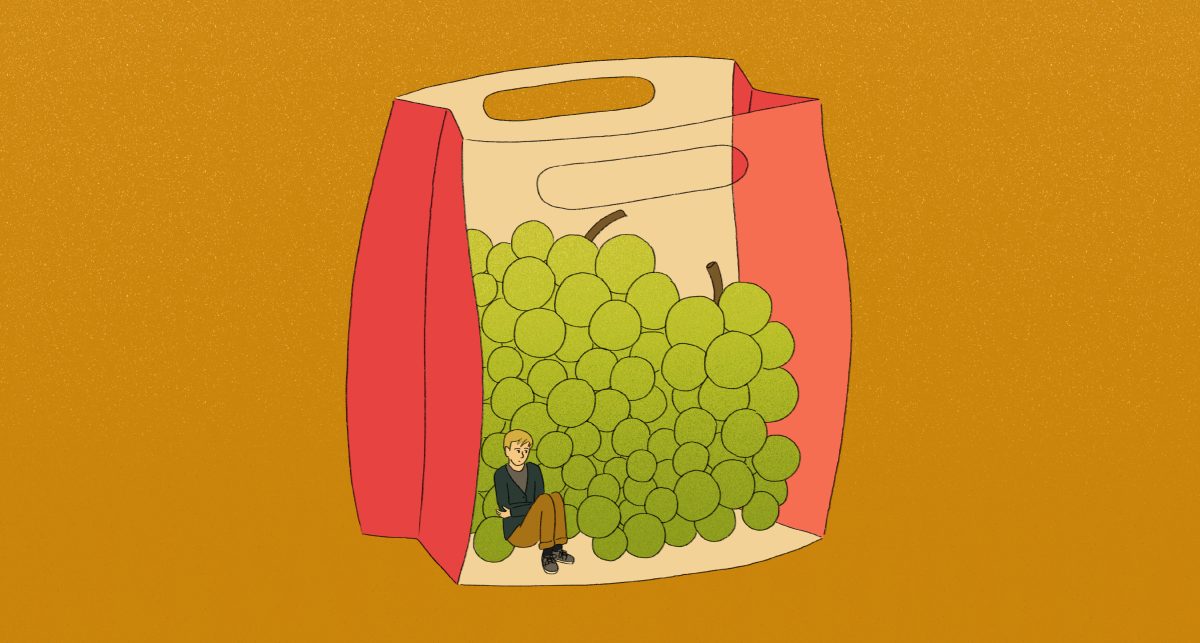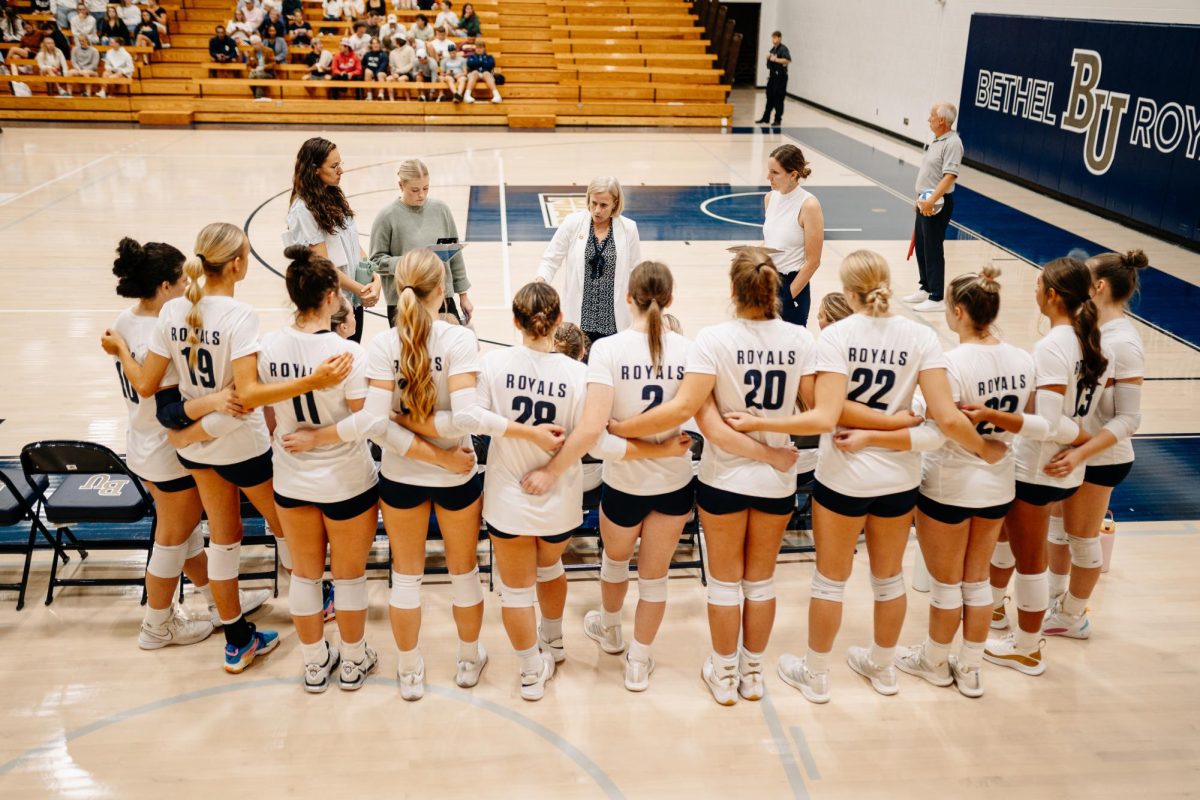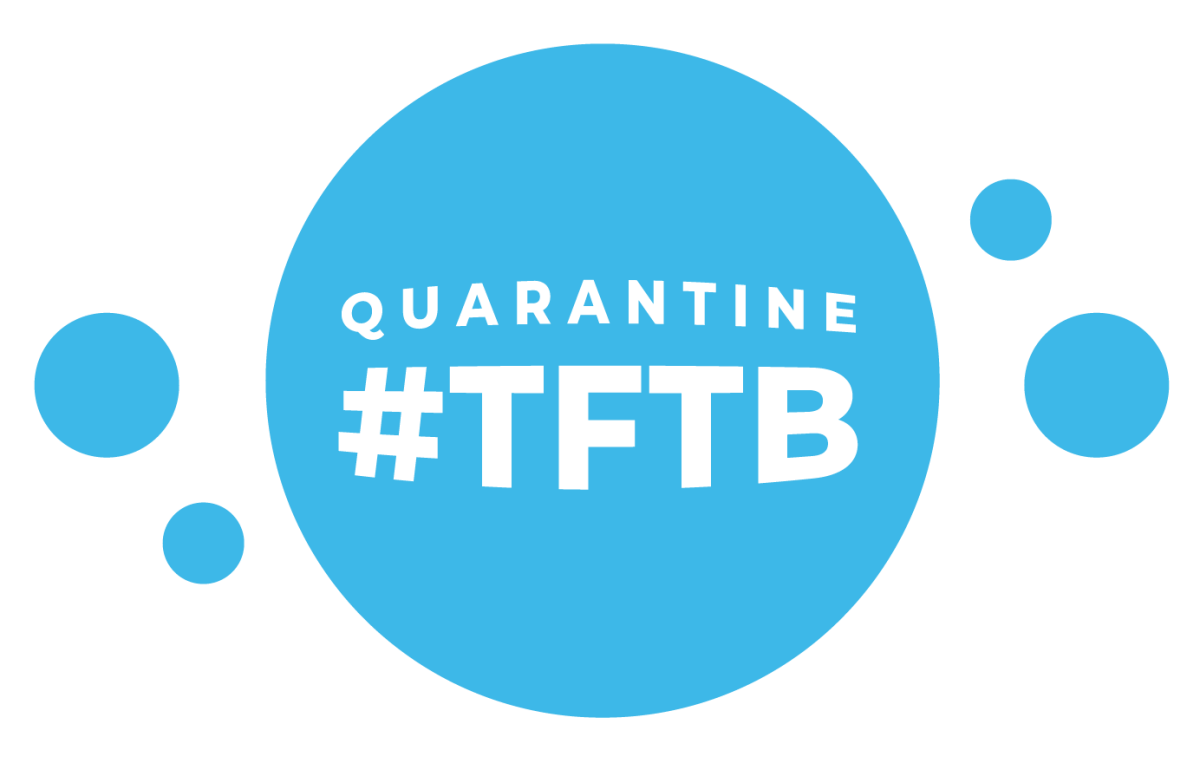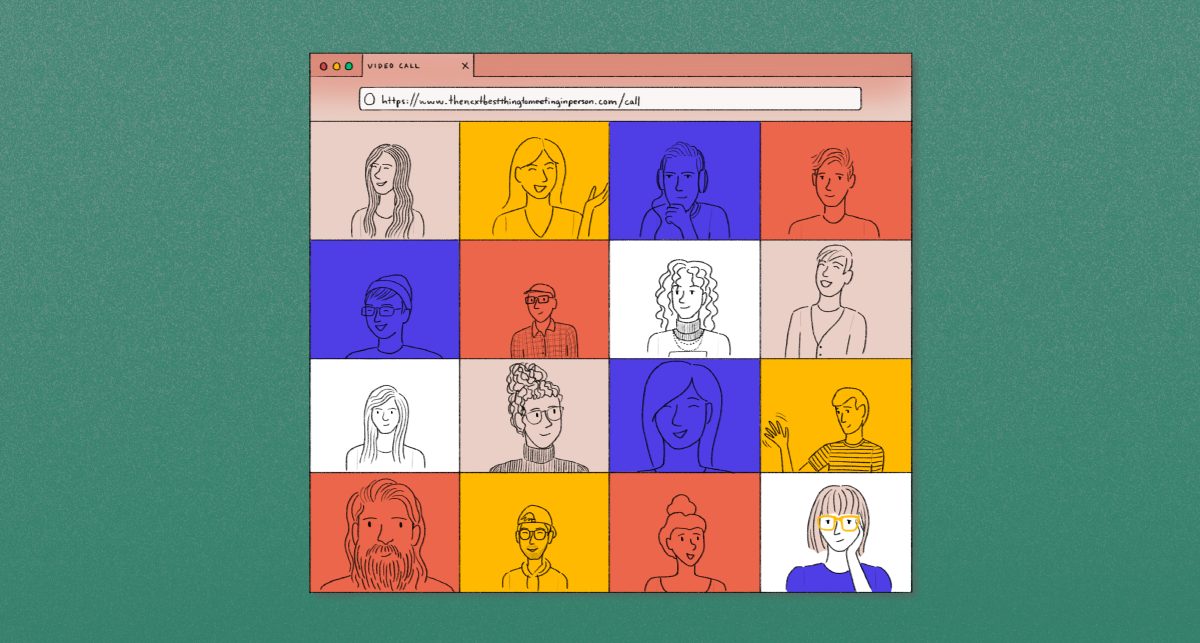Kids get bullied and moms lose their jobs and uncles die after falling on the ice. To find out God is behind it all just wouldn’t make sense.
By Zach Walker
Before the pandemic, my dad used to eat grapes in the supermarket to test which bag was the best. He would roll his cart into the produce section, pluck one grape from each bunch and toss it into his mouth until he found one that tasted just right. Only the fruits that produced the sharpest crunch would make it into his cart. The soft grapes were left behind to age or rot or be purchased by someone with lower standards.
Sometimes I feel like a soft grape. Like I’m part of the bunch and might even fit in, but I’m not good enough to win anyone’s favor. Nobody’s going to take me home and tell me I’m worth it. Instead, I sit at the bottom of the bag and expire, with nothing to do but wait for something or someone who never seems to show up.
In middle school, other kids wouldn’t tell me why they were laughing on the playground because they thought I would tattle. I was the goody-two-shoes. That’s not a cliche; it’s actually what people called me when I wouldn’t say a swear word or talk about boobs. The cool kids made me feel like I was broken. Like if I would just man up and morph into what everybody else seemed to be, I’d turn out OK. But I didn’t want to talk about boobs.
Right now, God seems like one of the cool kids. He’s sitting in the clouds singing Cory Asbury songs with Jesus while we’re stuck on Earth writing Moodle discussion posts and losing our jobs and dying because people won’t stay inside. He’s all good and all powerful, but somehow he signed off on more than 240,000 COVID-19 deaths in the last two months, as tracked by The New York Times. Meanwhile, the American Childhood Cancer Organization states that 1 in every 285 American children will be diagnosed with cancer before their 20th birthday. And according to Yale University, more than 150 million people live without a home.
But some people still say they’re blessed.
Scroll through any social media platform for five minutes, and you’ll find someone gushing over about how much God had given them. Facebook friends are blessed with vacation days and online happy hours, and Instagram followers are so thankful to God for giving them such healthy families. A college student is blessed with a dream job opportunity. A mother is blessed by the survival of her sick son. But what about the others? What about the grapes that don’t get picked?
Powerful Evangelicals have used this idea of being one of the chosen few as leverage for political and religious condemnation and financial gain.
Liberty University president Jerry Falwell Jr. stated on a March episode of “Fox & Friends” that the virus was created by China and North Korea and used by democrats to leverage Trump’s impeachment. In February, televangelist Jim Bakker promoted a silver-based solution sold on his online store for $125 as a cure for COVID-19.
These claims may seem ludicrous, but thousands of Christians are falling for them. In an April Christianity Today article, Ed Stetzer questioned the reasons why so many followers of Jesus are beginning to follow discriminatory and, in some cases, deadly teachings.
“We see some Christian leaders hyped up [on] the idea [that] you are being persecuted if you ignore the current guidelines,” Stetzer writes. “[They] try to gather a thousand people together for worship in the pandemic. We saw a few pastors making a spectacle of themselves at Easter when we should be making much of Jesus.”
Although the Christians who forward these ideas do not make up the majority, a large portion of those left over still believe, either through verbal confirmation or social media captions, that they have received God’s special favor.
I have a hard time believing that the reason my mom lost her job last month is because God decided not to intervene. I don’t think my uncle was killed by a fall on the ice last year because God didn’t pick his name out of some heavenly hat. How would the people on Instagram who say they’re blessed answer for the billions of others who are still waiting to join them? If God chooses certain people on which to bestow fortune and luck, what happens to everybody else?
When I was reporting in India this past January with classmates and local partners, I spent an afternoon with 10 women on the banks of a canal in the middle of a wheat field. They wore colorful, patterned salwar kameezes and draped fabric veils over their heads so the sun didn’t burn their necks. They hunched over weeds and swung metal hoes into the dirt for eight hours. For me, this was a new experience on a new day. A new opportunity to tell a new story. For the women, it was a way to feed their families.
All 10 were illiterate. They came from the lowest social caste in India, a label that marked them as untouchable to the rest of society. People of higher castes wouldn’t eat their food or hire them to do any work other than manual labor such as hoeing weeds or scraping excrement from public toilets.
One woman, Shakuntala, tried to hang herself from a ceiling fan after years of verbal and physical abuse from her husband who was arranged to marry her when she was 6 years old. Another woman went home every night to a drunk husband, and most of them lived in small brick shacks with tin roofs.
But they kept smiling.
Under thin veils and hunched backs, wrinkled mouths turned upward and laughed. I asked a few women why they seemed to enjoy this work so much, and they told me it was because they were together. For eight hours each day, they weren’t housewives with bruises from the night before. They weren’t untouchables who couldn’t walk into city temples. For those eight hours, they were women with smiles and stories and love. They weren’t blessed by God. They didn’t even believe in the Christian God. But that didn’t matter.
Shakuntala joined our team of 20 Bethel students on a visit to a church in a rural Christian village the next Sunday morning. After the service, we sat in a circle of white plastic chairs and drank traditional masala chai. Shakuntala’s daughter Manisha got the group’s attention and said that her mother wanted to say something. Shakuntala spoke in Hindi and Manisha translated.
“All of us need to come together and love each other. No matter what, we need to love. That’s what God is to me.”
Shakuntala doesn’t worship Jesus. She doesn’t go to church or read the Bible. And, like all of us, she is not blessed. But that doesn’t stop her from loving.
God doesn’t choose people like my dad used to choose grapes. He doesn’t determine our fortunes like some sort of gamemaster or decide whose kid gets sick based on which youth group prays the least. And, despite what some influential people with more powerful jobs than me say, He didn’t cause coronavirus because humans forgot about Him.
The world sucks sometimes. Kids get bullied and moms lose their jobs and uncles die after falling on the ice. Right now, people have no idea what even next month will look like because they can’t leave their homes without potentially giving someone a deadly disease. To find out God is behind it all just wouldn’t make sense.
Shakuntala taught me two things that day on the banks of the canal. The first was nobody is blessed in the way many Christians think they are. I couldn’t accept someone on Instagram was chosen by God to spend their interim on a beach in Belize while people like Shakuntala experience enough abuse to make them want to tie a rope around their necks and hang from ceiling fans.
The second lesson was people don’t have to be blessed to be happy. If every person in the world let their material circumstances or social status determine their well being, 99 percent of us would be constantly crying. The expansive, beautiful, complex world is a messed up place. God didn’t make it that way; that’s just how it is. Death happens. Loss happens. Grief happens. But that doesn’t have to be the end. We don’t have to sit at the bottom of the bag and rot. Rather, we can look for the other soft grapes and smile at them the way God smiles at us.





















Donna B. Segura • Sep 21, 2020 at 2:38 pm
You are so gifted. And you’re onto something. But at the same time, there are times when I know it was God who blessed me with a miracle I prayed for. Over and over, actually, and yet there are prayers that remain unanswered, and no one looking at my life would think I was blessed. There has been so much suffering – and yet miracles have occurred in the midst of my suffering. True miracles that if you knew the whole story you would agree could only have been God. So it’s more complicated and hard to understand. But I get what you’re saying. How insulting is it to the mother of a child who has died of cancer to see another mother crowing about how God answered her prayers and saved her child from cancer. These are hard issues to even think about, much less figure out, aren’t they?
Gail • May 4, 2020 at 1:50 pm
I truly think being blessed is a matter of perspective. You could take a handful of people with the exact same circumstances and each one will probably look at it differently. One feels blessed everyone is healthy with a roof over their heads. The next wishes the house were a bit bigger. The next is annoyed at not being alone more, etc. I believe many feel blessed or not blessed because they look at what is most important to them. A poor person living in a dirt house may indeed feel blessed knowing their family is well and has friends abound. Someone else may feel despair sitting in their mansion alone. Maybe we all need to take more moments to really think about what truly is a blessing. God loves us all and is there for us always to get through whatever life throws at us. That to me, is a true blessing.
Keep on writing Zach! You are soooo talented!
Jan • May 4, 2020 at 1:36 pm
Due to Judy Jessup I read this. Very well thought out Zach! Thanks! Jan